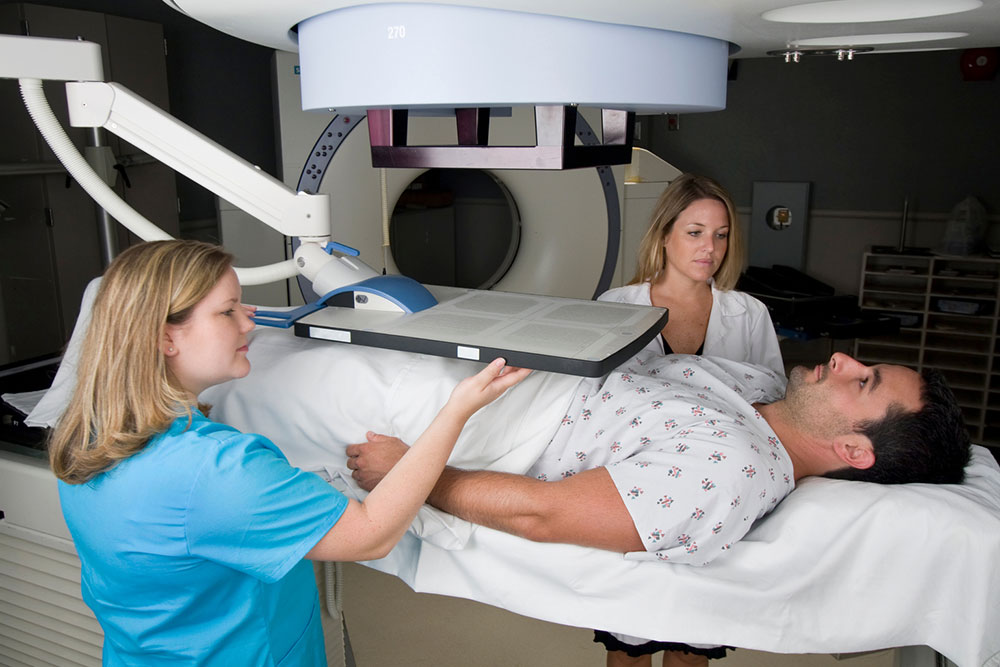
Myelodysplastic syndromes – Signs and management options
Life without blood cells is impossible to imagine. From supplying oxygen to forming blood clots and helping excrete waste products, the cells perform a host of functions. And that’s why it is important to detect any cell-related health conditions early. Myelodysplastic syndromes are a group of disorders in which the body generates cells that are either deformed or do not function well. Here are some signs and treatment options for myelodysplastic syndromes:
Signs and symptoms
Shortness of breath
Many patients with myelodysplastic syndromes grapple with anemia. Since anemia is characterized by low red blood cell count, those suffering from anemia induced by myelodysplastic syndromes usually experience shortness of breath.
Fatigue
Anemia also tends to cause extreme tiredness and fatigue because oxygen levels in the body are very low. So, those with myelodysplastic syndromes may be highly fatigued throughout the day, even when not physically active.
Frequent nosebleeds and bruises
If one has a low platelet count, bleeding and bruising become more common than usual. For this reason, myelodysplastic syndrome causes frequent bruises and nosebleeds, even if the injury is minor.
Petechiae
Petechiae are tiny reddish spots that appear on the skin’s surface, often on the stomach and legs. Patients with myelodysplastic syndromes often experience bleeding into the skin, which reflects as these tiny spots on the skin.
Paleness of the skin
Anemia can cause one’s skin to become unusually pale, so those with anemia induced by myelodysplastic syndromes may have pale skin.
Frequent infections
When the body’s white blood cell count is low, it causes weak immunity and increases the frequency of infections. Patients with myelodysplastic syndromes may have low white blood cell counts, which makes them vulnerable to infections.
Fever
Because the immune system is very weak among those with myelodysplastic syndromes, their bodies may not easily fend off the common cold, flu, fever, and other diseases. That’s why fever is unusually common among persons with this condition.
Treatment options
A bone marrow transplant is the only conventional treatment option for myelodysplastic syndromes. This procedure is also called stem cell transplant and requires one to take high chemotherapy doses to destroy malfunctioning blood cells. However, doctors usually recommend this procedure only to those who can withstand the treatment’s side effects.
In general, doctors recommend that those with myelodysplastic syndromes should not have foods with too much sodium, so it is a good idea to avoid salty and processed foods like fries and chips. Also, since one’s immune system is weak when dealing with myelodysplastic syndromes, patients should always have fully cooked foods made hygienically and avoid raw foods and unpasteurized dairy products. Being physically active also helps improve oxygen and blood supply, but too much physical activity may not be possible for patients with this condition. Nonetheless, one should try to engage in simple, low-intensity activities like walking and stretching.







